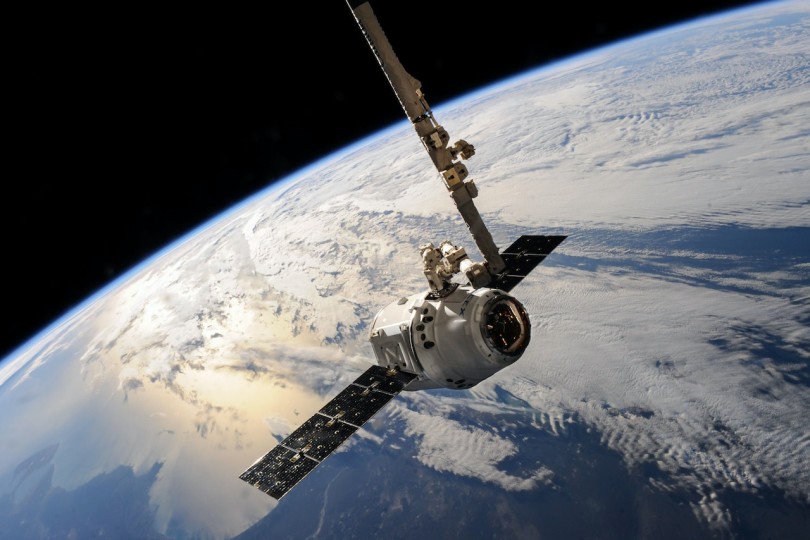Is Autonomous Driving coming to the UAE?
26 Apr 24
Lab ChatThe Global News Source for the World of Science and Chemicals
10 March 2023
Lab Chat
A study conducted by an Emirati university is investigating the effect of isolation and confinement on the mental health of astronauts. Undertaken by the American University of Sharjah (AUS), the research assessed various physical and mental health parameters of six subjects who were isolated in conditions similar to those experienced in space for eight months.
It's hoped that the findings of the study will allow those involved in the space industry to better understand how extended periods of isolation can affect the stress levels and mental health of astronauts. This, in turn, should equip them with the tools to make future extra-terrestrial voyages safer and healthier for those aboard the spaceship.
The AUS investigation is a collaborative one with NASA and Russia’s Institute of Biomedical Problems and is part of a wider series of such experiments, called analogue missions, which will feature three similar studies over a five-year period. The last mission is expected to be the most challenging and will last for a whole 12 months.
The AUS research studied the behaviour of the six subjects and measured their brain activity, blood oxygenation levels and stress reactors. This was done by observation alone, as well as from advanced brain imaging techniques. Those findings were cross-referenced against six more subjects who remained outside the facility.
The conclusions of the research revealed that the six crew members who spent eight months in isolation suffered a drop-off in their cognitive abilities, as well as a corresponding increase in stress hormones. What’s more, the effects of the isolation became more pronounced the longer it went on. The research is expected to inform not just future flight missions, but also other industries where isolation is a common occurrence.
Although no Emirati astronauts are scheduled to leave the Earth’s orbit in 2023, it still represents a big year for the country. That’s because another UAE national is set to take their place in a second analogue mission later in the year, as part of NASA’s Human Exploration Research Analogue (HERA) programme.
HERA has already featured six experiments so far and places participants in a three-storey habitat which replicates the remote conditions of space travel. Thus far, the previous missions have been between one and 45 days in length. It is not yet clear how long the upcoming experiment involving the Emirati participant will last.
Meanwhile, the UAE is participating in the first long-duration space mission for the Arab world later this year. Sultan al Neyadi is set to spend six months on the International Space Station (ISS), during which time he will undertake over 20 experiments. It marks a landmark moment for Gulf nations as it’s the first time any Arab mission will have embarked for this length of time.
DOWNLOAD PDF

2 Day Seminar Program
@ ArabLab+ 2024
24 & 25 September 2024
22 Apr 24
Lab ChatYour stay in Dubai
Labkit
Product News
Chemkit
Product News
Thinking about exhibiting at ARABLAB 2024? Watch our video to find out more.
Join the world’s leading organisations…
Join our mailing list and receive the ARABLAB newsletter and event updates.